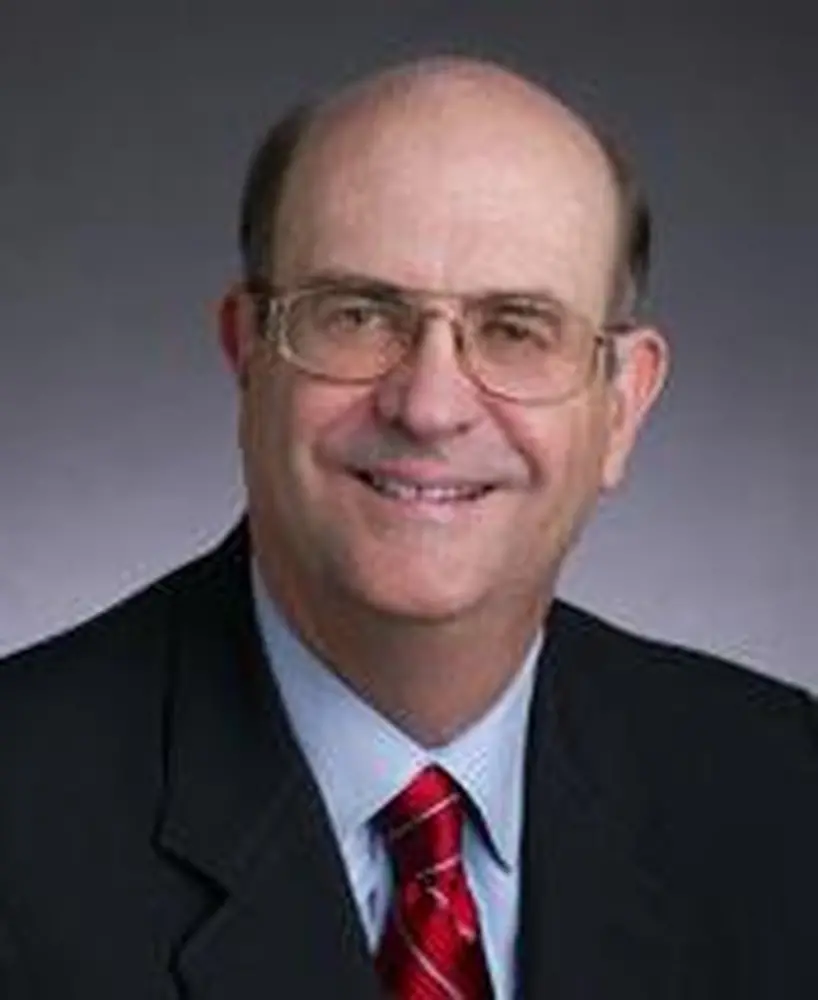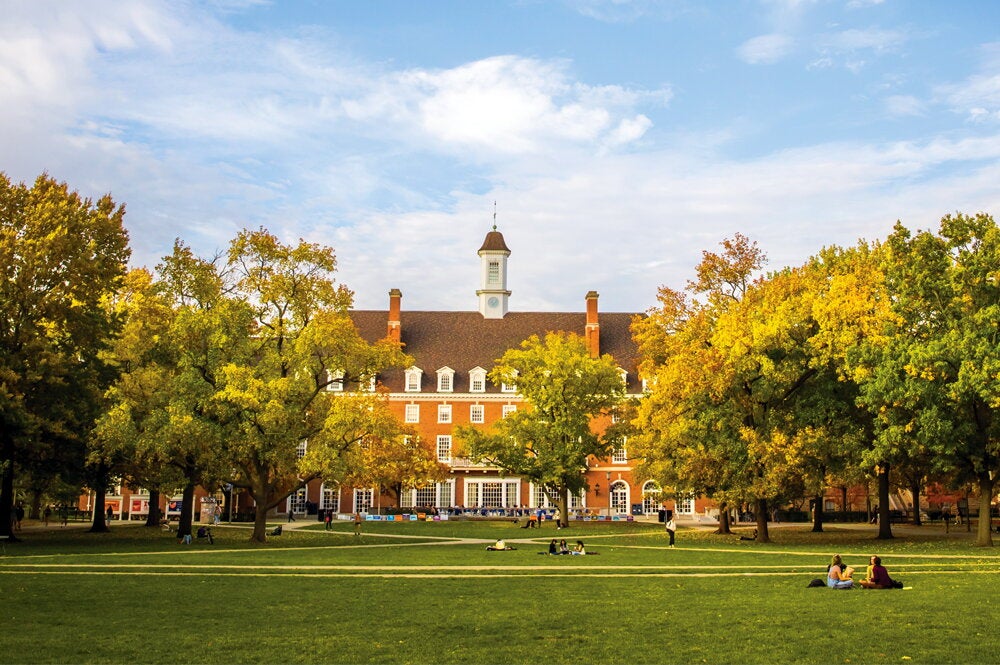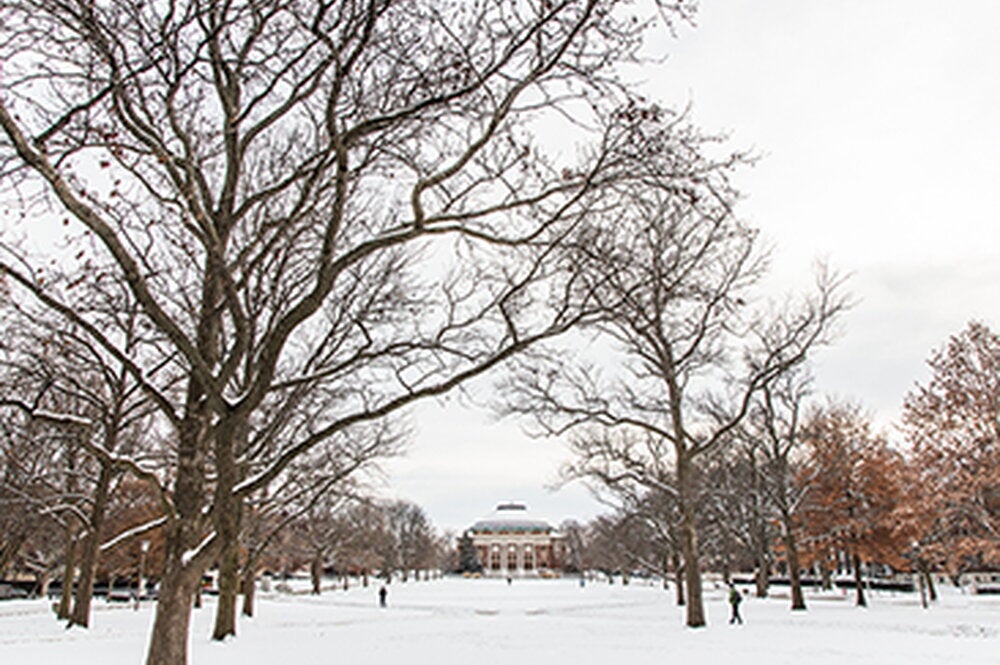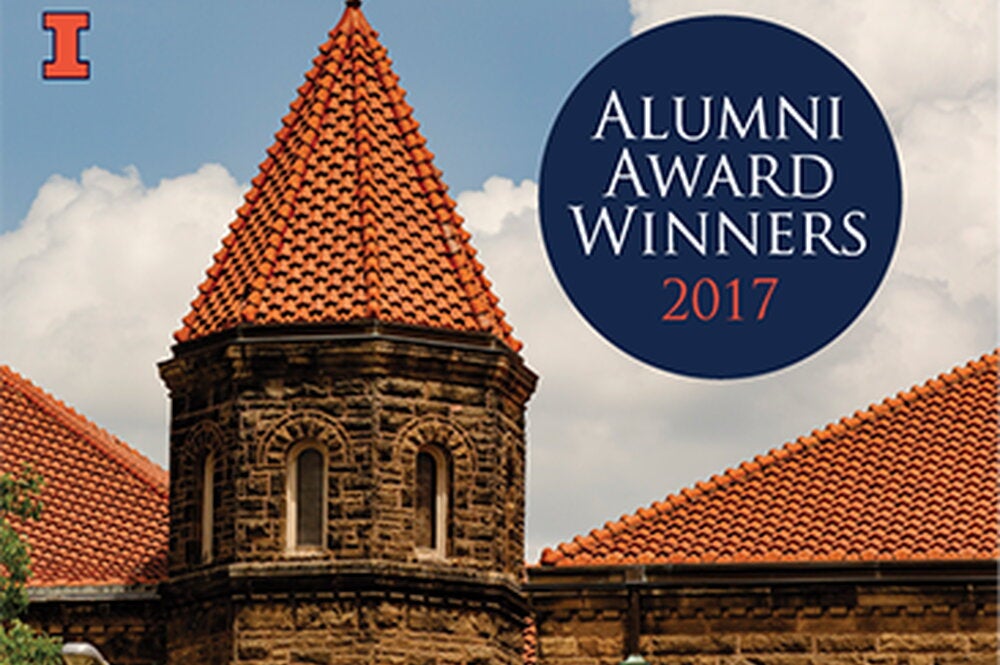

Sometimes it takes a little 18th-century inspiration to carry a Fortune 500 company into the 21st century. Taking his cue from the revolutionary spirit of 1776, Steven Miller helped to foster an entrepreneurial revolution in one of the oldest and largest companies in America.
Miller, a retired CEO of the Shell Oil Company and a 1967 chemical engineering graduate in LAS, has a deep fascination with the 18th century and the founding of the United States. He and his wife Sheila have an impressive collection of 18th-century antiques, and they travel to Colonial Williamsburg in Virginia several times a year. He even brought the Williamsburg character interpreters who portray Thomas Jefferson and Patrick Henry back to Houston for a series of reenacted debates.
"I find it very useful to go back to the core debates and the core concepts that now frame our culture and society and understand them at a grassroots level," says Miller.
Emphasis on the word "grassroots."
Going back to the grassroots level is precisely what Miller did in the 1990s as a leader in Shell. Miller helped to revolutionize Shell by bringing in eight-person teams for special training sessions over a span of two years from retail outlets across Asia, Africa, Europe, and Latin America.
This award-winning training program gave more decision-making power to the company's front lines—the people who work at more than 47,000 service stations, reaching about 10 million customers each day around the world. The grassroots strategy energized the company in ways that hadn't been seen before.
Miller's own roots can be traced back to Kansas City, where he was born, and to Bismarck, N.Dak., where he spent his formative years.
Directly across the street in Bismarck were five baseball fields, and just down the road was a golf course—a convenience that triggered lifetime passions for both sports. In fact, Miller's view outside his window today is much the same as it was growing up—with one major difference. Instead of looking out of his living room window at five Little League baseball fields, Miller can look out his office window and watch the Houston Astros play baseball. Miller's current office is located in the Houston Astros' Minute Maid Park.
When Miller attended college in the '60s, he says it was unusual for chemical engineering to be part of the College of Liberal Arts and Sciences, as it was at U of I. But he says the liberal arts emphasis played a key role in his future with Shell.
"It really prepared me for the management opportunities that later presented themselves," he says.
After graduating in 1967, Miller moved to Texas where he started out in the classic engineering role for Shell, working on catalytic cracking and distillation—all technically based. But after spending time in Shell Oil's head office in New York and then moving overseas to the Netherlands in 1973, Miller says he started to make the slow transition from being an engineer to being a manager of activities.
Using his LAS non-technical training, Miller saw himself as an interpreter of sorts for two very different cultures within Shell—the technical and non-technical worlds.
"In an organization like Shell, the technicals and non-technicals have great difficulty communicating with each other," he says. "But I was able to understand both sides, and I could interpret one to the other."
Miller continued to move up the ranks until 1996 when he became a managing director of the Royal Dutch/Shell Group of companies—one of five managing directors who run the group worldwide. Roughly 40,000 people in 130 countries reported to him.
This is when Miller spearheaded the Grassroots Leadership Program, which paid off in big ways. In France, for example, the operating company turned its business around, recording double-digit profits and exceeding its growth target within one year.
After retiring from Shell in 2002, Miller hasn't slowed down, channeling his energy into a host of non-profit groups. For instance, he chaired the Points of Light Foundation, the nation's best-known force promoting voluntary service; and he served as a director of Colin Powell's America's Promise. Miller is also active with United Way, winning its 2007 Volunteer of the Year Award.
In the academic world, Miller is a director and chairman of the University of Illinois Foundation and is active with the U of I's Department of Chemical and Biomolecular Engineering.
Thinking back on his years at the U of I, Miller still has the postcard given to him by a rhetoric professor who greatly inspired him. On the postcard, the instructor gave him his final grade, one of the first As she had ever awarded. (To get an idea of this teacher's standards, she said she would have given Ernest Hemingway a B.) However, the A she awarded Miller was still given grudgingly for, tongue in cheek, she had added a dozen minus signs after the A.
"She drove me to do better, but in a supportive way," Miller says.
This is just the kind of lesson that Miller took with him to Shell, finding ways to drive people at the grassroots level to do better.
But in a supportive way, of course.


